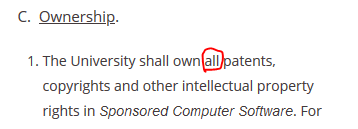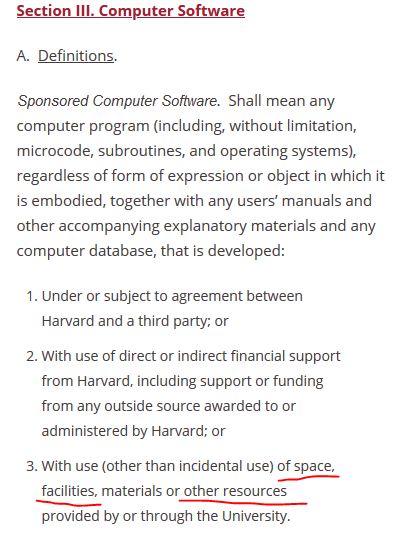First of all, as said, it will depend on laws in your country and on your agreements. In my country it is illegal for the company to do that, unless they add a ‘competition addendum’ to the agreement. There are few requirements for that, like - additional income per each day you have to follow it.
If you have any such addendum on the agreement, I would first ask and talk about having a hobby like making games. Especially in small companies, in case they are not a game development company, it is likely they will simply remove that part from agreement. Remember that in the end you are also working with people, they also have hobbies, some of them even run other businesses.
Green_Baron said:
In some countries it is not allowed for people outside of legal subjects to give legal advice.
This is an internet forum and not legal company, now due to everyone of us living in different country giving a legal advice doesn't have much sense at all (even when some people here are lawyers, their advice wouldn't help at all).
I could point out which paragraphs of our law point to the above mentioned ‘competition addendum’ (what rights you have, what rights company has, etc.) but it would be absolutely of no use for anyone here who lives outside of Czech Republic. In case of court you can't defend anyone based on the laws in different country.
…
Take this to extreme, you are threatened by somebody outside, he apparently wants to assault you and puts his hand under jacket (so you think he has a weapon in there). A legal advice in my country is to shoot him dead. Why?
- You are allowed to have a firearm directly for self-defense (assuming you pass through all required checks - like safety firearm handling, legal test, etc.), or defense of other person (i.e. general defense)!
- You are allowed to conceal carry such firearm, but you are NOT allowed to do open carry in any way in public (there are exceptions though)
- You are allowed to use ‘any means necessary’ to defend your life when you are under a threat (assault, attempted murder)
- You have to use appropriate force while defending yourself (but this has to assume your point of view - when you shoot dead the one assaulting - there is only one point of view - he reached for a weapon from your point of view, whether he did have it or not is irrelevant … unless he survives, at which point he can defend and make your legal position worse - therefore shooting him dead is legally more viable option)
NOTE: This is a LEGAL ADVICE that puts you in better position in front of court which you will be able to defend, not a MORAL one. From my moral point of view it is better to prevent loss of any life if there is any way.
A more (morally) proper way to handle this (which has happened in reality at least once in last year) was using a firearm to point at assaulting person, make him lie down, and call the police to resolve the situation. Nobody was harmed and the incident was resolved in non-violent way! The use of firearm was commended by the judge, and firearm was not abused according to our court.
This legal advice is completely irrelevant when you move from my country to another, like United Kingdom, where you are not allowed to have firearm for self-defense at all.
You can dislike our law, but it is our law. With exception of very few pacifists most people do agree with this law and support it (and FYI - we are considered one of the safest countries in the world) - and politics will follow general public feeling on it, they can't go against majority as they would lose their offices.
…
My general advice is - talk to the other party first about your concerns in agreement, if you can't find any common ground it is likely you don't want to sign that contract (or if you really need, consult a lawyer in your country) … if you on the other hand do find a common ground - just change the parts you don't like in a way you are both satisfied.
People will share their advice and point of view on similar situations.












